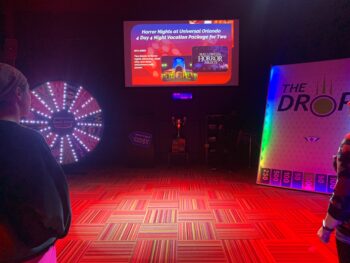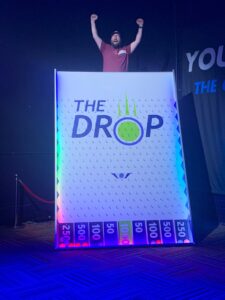Stinky shepherds
December 21st, 2021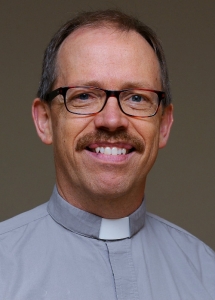 By Pastor John Hulden
By Pastor John Hulden
In that region there were shepherds living in the fields, keeping watch over their flock by night. Then an angel of the Lord stood before them, and the glory of the Lord shone around them, and they were terrified. But the angel said to them, “Do not be afraid; for see — I am bringing you good news of great joy for all the people: to you is born this day in the city of David a Savior, who is the Messiah, the Lord. This will be a sign for you: you will find a child wrapped in bands of cloth and lying in a manger.” And suddenly there was with the angel a multitude of the heavenly host, praising God and saying, “Glory to God in the highest heaven, and on earth peace among those whom he favors!” When the angels had left them and gone into heaven, the shepherds said to one another, “Let us go now to Bethlehem and see this thing that has taken place, which the Lord has made known to us.” Luke 2: 8-15a NRSV
The Christmas Story continues to amaze – year after year after year. It’s been “wowing” hearers for about two millennia.
“Angels visiting the shepherds make headlines in this story. I love that.”
The Gospel of Luke gives us so many wonderful characters. These three are pretty famous:
- Elizabeth
- She was having a baby despite the fact, as her skeptical husband Zechariah points out to the angel, “my wife is getting on in years.” Luke 1:18 … Yikes! That reminds me of stupid stuff I have said when I’m terrified.
- The elder Elizabeth blesses her young cousin Mary. Luke 1:42-45 … Only men were supposed to do the blessings.
- Zechariah
- He is struck speechless at the high holy altar of the temple until the miracle baby John is born. Luke 1:20 … That is exacting punishment for a disbelieving preacher.
- When he finally can talk, the ol’ priest gave his best ever, beautiful — and short! — sermon. Luke 1: 66-79 … Maybe I should finally try a silent retreat.
- Mary the faithful and powerful teenager
- Mary’s voice causes Elizabeth’s child to leap in her womb. Luke 1: 41
- Mary is the singer of radical lullabies. Luke 1: 46-55
- And this line: “But Mary treasured all these words and pondered them in her heart.” Luke 2:19
Then there are those dirty, stinky Shepherds.
WHEN I HAVE A quiet moment later this Christmas weekend, I know I will think of those shepherds “living in the fields, keeping watch over their flock by night.” Luke 2:8
Angels visiting the shepherds make headlines in this story. I love that. They were the lowliest of the low. They had one piece of tanned, whole skin of a sheep, with the wool left on that served as their coat, their tent, and their bed. Can you imagine what that smelled like?
When the shepherds came into town (maybe once or twice a year?), I envision something like an old Western movie when the outlaw gang roars into town on horseback. Moms say to their kids, “Get inside! The Shepherds are coming to town!”
Shepherds were the minimum wage workers of their day. I’m guessing to get a shepherding job you’d show up at the Palestinian equivalent of the “Labor Ready” office early in the morning and hope to land a paying gig. Shepherding was perhaps the last-best option for employment. It was hard and risky work; thieves and wild animals were out to get those sheep. It was 24/7 work; you were always on the job.
“Shepherds were the minimum wage workers of their day.”
But it was a good job if you didn’t like hanging out with your relatives since you’d be gone for months at a time. And, if you liked sleeping under the stars and paying no rent, shepherding probably appealed to some.
When I think about shepherds this Christmas, I’m always left with this wondering: Would I listen as well as the shepherds?
How many other folks did that heavenly chorus of angels sing to that day? Did they try singing to the mayor? The priest? The chamber of commerce? Were they all too busy to listen? So then, finally, in the middle of the night, did those angels try singing to the last group left who was still awake? The angels sang their hearts out to the lowly shepherds. And the shepherds listened to their song of good news. And they were amazed. And the shepherds said: “Let’s Go!”

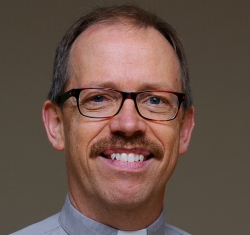

 By Maya Bryant
By Maya Bryant 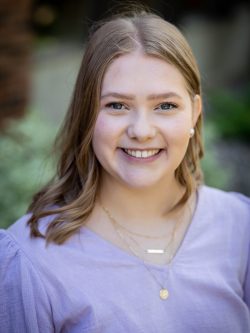
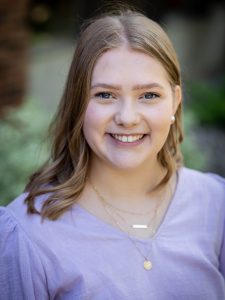 By Kayla Zopfi
By Kayla Zopfi 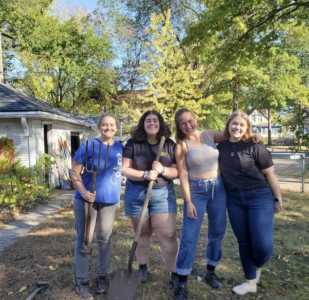
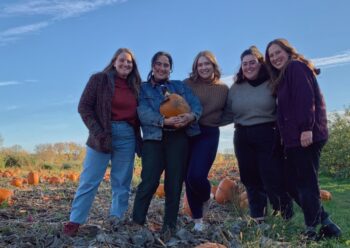
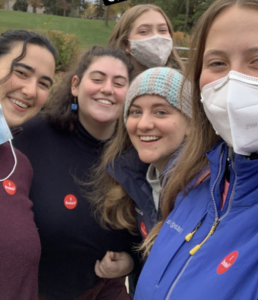
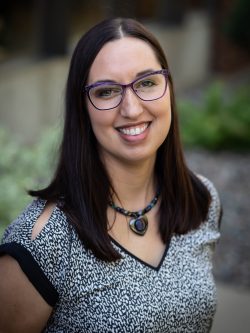
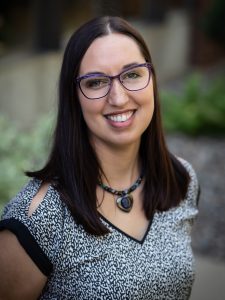 By Brenda Blackhawk
By Brenda Blackhawk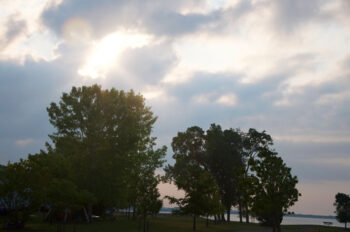
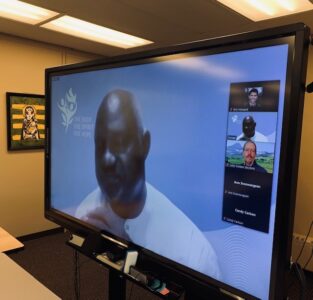
 Why start a university in NE Nigeria?
Why start a university in NE Nigeria? 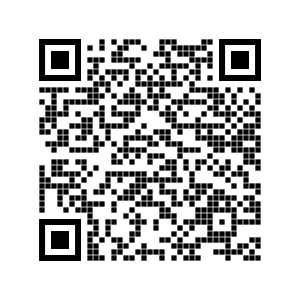
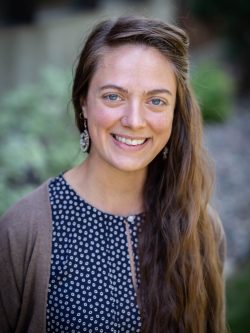
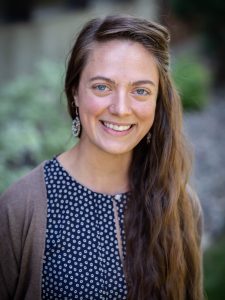 By Emilie Bouvier
By Emilie Bouvier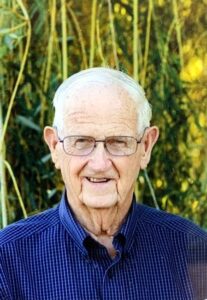
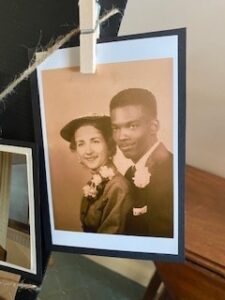
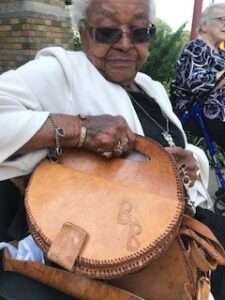
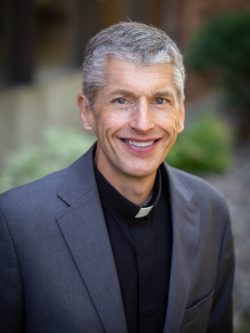
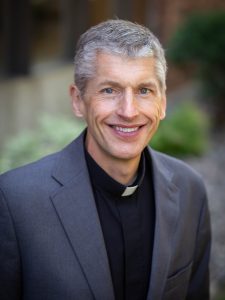 By Pastor Craig Pederson
By Pastor Craig Pederson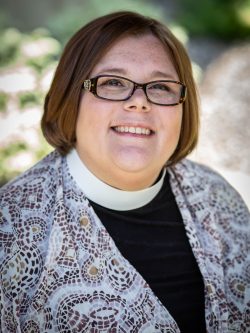
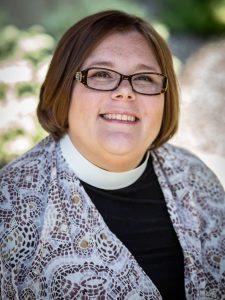 By Pastor Norma Malfatti
By Pastor Norma Malfatti 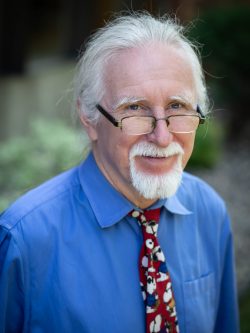
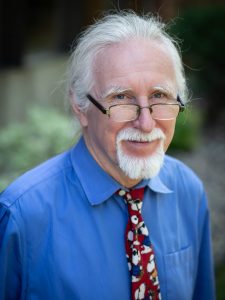 By Bob Hulteen
By Bob Hulteen 